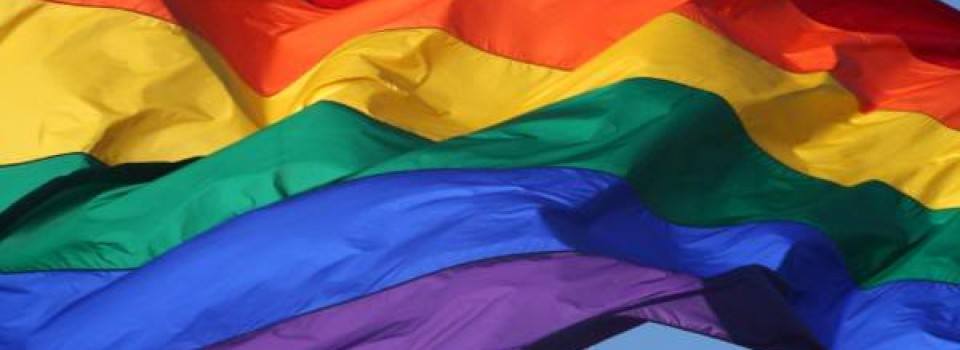FOR IMMEDIATE RELEASE
Media Contact: Abbi Swatsworth
402.217.1935
abbi@outnebraska.org
Today the U.S. Supreme Court will hear three cases about LGBTQ employment discrimination that will determine if federal law protects LGBTQ people. The Supreme Court will consider how Title VII’s ban on workplace sex discrimination protects LGBTQ people from discrimination on the basis of sexual orientation or gender identity.
“The stakes for our community could not be higher,” said OutNebraska Executive Director Abbi Swatsworth. “The harsh reality is that millions of LGBTQ Americans report having experienced discrimination in their everyday lives and on the job, including right here in Nebraska. The Supreme Court must affirm that all LGBTQ people should be able to work hard and support themselves and their families without fear of harassment or discrimination at work.”
“LGBTQ people in Nebraska are vulnerable to discrimination every day because of a lack of express and enduring protections at the state and federal level. Dignity and respect should never depend on who someone is, who someone loves, or what zip code someone calls home,” said Senator Patty Pansing Brooks. “The current patchwork of protections across the country and across our state is unfair and unworkable. All LGBTQ people in Nebraska and our country should be able to live, work, and access basic services free from discrimination and harassment, no matter which state they call home.”
OutNebraska is working to pass protections for LGBTQ people right here in Nebraska, and is calling on the legislature to pass LB 627 by Sen. Pansing Brooks to ensure express and enduring protections for all LGBTQ people in our state. This legislation would make sure that LGBTQ people in Nebraska are treated fairly in employment.
“It’s critical that the Supreme Court affirm protections for LGBTQ people across the nation. And regardless of how the Court rules, it’s urgent that and that we pass a bill both here at home in Nebraska and that Congress passes the Equality Act to back up those protections across the nation,” said Abbi Swatsworth.
OutNebraska will join with ACLU Nebraska to host a Facebook Live Stream on Wednesday, October 9th at 9am to discuss the cases.
Background on each of the LGBTQ employment discrimination cases
- R.G. & G.R. HARRIS FUNERAL HOMES v. EEOC and AIMEE STEPHENS
Aimee Stephens worked as a funeral director at R.G. & G.R. Harris Funeral Homes. When she informed the funeral home’s owner that she is transgender and planned to come to work as the woman she is, the business owner fired her, saying it would be “unacceptable” for her to appear and behave as a woman. The Sixth Circuit Court of Appeals ruled in March 2018 that when the funeral home fired her for being transgender, it violated Title VII — the federal law prohibiting sex discrimination in employment. Aimee was the same capable employee before and after her transition, but she was fired because she took steps to be the woman she is. That’s sex discrimination.
- ALTITUDE EXPRESS INC. v. ZARDA
Donald Zarda, a skydiving instructor, was fired from his job for being gay. A federal trial court rejected his discrimination claim, saying that the Civil Rights Act does not protect him from losing his job for being a gay man. Tragically, in October 2014, Zarda died unexpectedly, but the case continues on behalf of his family. In February 2018, the full Second Circuit Court of Appeals ruled that discrimination based on sexual orientation is a form of discrimination based on sex that is prohibited under Title VII. The court recognized that when a lesbian, gay, or bisexual person is treated differently because of discomfort or disapproval that they are attracted to people of the same sex, that’s discrimination based on sex.
- BOSTOCK v. CLAYTON COUNTY
Gerald Lynn Bostock was fired from his job as a county child welfare services coordinator when his employer learned he is gay. In May 2018, the Eleventh Circuit Court of Appeals refused to reconsider an outdated 1979 decision wrongly excluding sexual orientation discrimination from coverage under Title VII’s ban on sex discrimination, and denied his appeal.
The U.S. Supreme Court will hear argument on all three cases on October 8, 2019. A decision is expected by June 2020.
OutNebraska celebrates and empowers thriving LGBTQ+ communities across the state. We envision communities that promote equity, inclusion, and celebration of the full spectrum of LGBTQ+ people.

